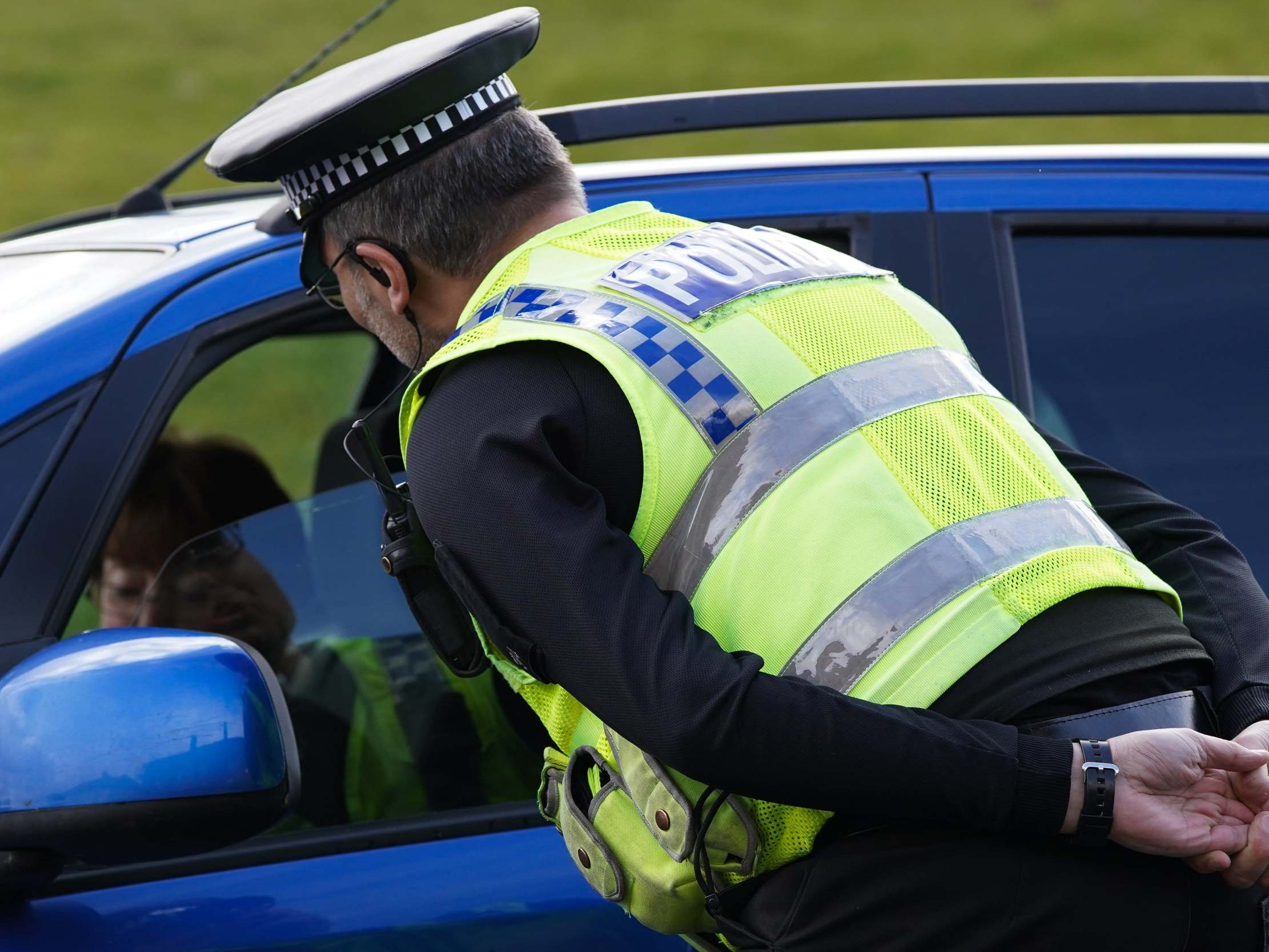Coronavirus: Crime falls by more than 20% during lockdown as police hand out 1,100 fines
National Police Chiefs’ Council chair Martin Hewitt admits some forces have ‘made mistakes’
Crime has dropped by more than 20 per cent during the UK coronavirus outbreak, police have revealed.
But the head of the National Police Chiefs’ Council (NPCC) said officers had also issued more than 1,000 fines for breaking lockdown restrictions.
“Initial figures from all forces show a 21 per cent fall in overall crime across the last four weeks compared to the same period last year,” Martin Hewitt told Downing Street’s daily press conference on Saturday.
“That drop, combined with the commitment of our over 200,000 officers and staff across the UK, and the fantastic response from our volunteer special constables … means that we are in a strong position.”
Senior officers believe the drop in crime has been driven by the closure of bars and clubs, lack of large public events, and robbery and burglary being made more difficult by people staying at home.
Earlier on Saturday, the Metropolitan Police commissioner said stabbings had “dropped considerably” in London.
“Many, many crime types have reduced,” Dame Cressida Dick told LBC radio. “We are of course concerned about some that could go up.”
Mr Hewitt appealed for people to continue reporting crime and emergencies, repeating home secretary Priti Patel’s call for domestic abuse victims to seek help.
Following criticism over several incidents where police were accused of going beyond the law or being heavy-handed in their response to the coronavirus lockdown, Mr Hewitt said officers were using their new powers “carefully”.

“Officers have engaged with thousands of people, and in most cases no enforcement has been necessary,” he added.
“However, we have had a small minority of people who have refused to follow instruction.”
The senior officer said that 1,084 coronavirus fines had been issued across England and Wales by Thursday.
“Across all of those forces, that is an average of less than 84 a day,” he added. “This shows that the overwhelming majority of people are abiding by the rules.”
The figure only includes 37 out of 43 regional forces that have so far provided data, and further details will be given next week.
Amid continued confusion over the extent of the new coronavirus laws, which are less severe than the government’s guidance in some respects, Mr Hewitt admitted that some forces had “made mistakes” but said they “quickly sought to correct them”.
British Transport Police wrongly charged a woman under the new Coronavirus Act last week, causing her to be fined £660 for a crime she did not commit.
Parliament’s Joint Committee on Human Rights warned that police may be punishing members of the public “without any legal basis”, while questioning, fining and arresting people who have not broken the law.
Chair Harriet Harman said: “It remains a concern that some police forces will take a more proactive approach than is necessary and perhaps even lawful.”
Several police forces appear to have enforced the government guidance, rather than the separate Health Protection Regulations, which give police powers to arrest and fine people.
The regulations do not define “essential travel”, specify what kind of groceries people can buy or limit how many times people can be exercise outside in a day – apart from in Wales.

But several police forces have claimed to be enforcing a ban on “non-essential travel”, despite internal guidance calling blanket vehicle checks disproportionate and saying people can drive away from their homes to exercise.
Last week, the Home Affairs Committee was told that an average of 13 per cent of police officers and staff were off work due to coronavirus nationally.
Police leaders said the drop in staffing was being offset by falling crime and demand.
But officers are being called to increasing numbers of coronavirus-related deaths in houses and car homes, sparking a warning about trauma being suffered.
And police have been subject to new demand from people calling to ask for clarity on new coronavirus laws, and members of the public reporting their neighbours for alleged breaches.
Many regional forces have set up dedicated online tools to flag suspected lockdown violations to free up the 101 line, while appealing for people to use 999 for emergencies only.
Bookmark popover
Removed from bookmarks